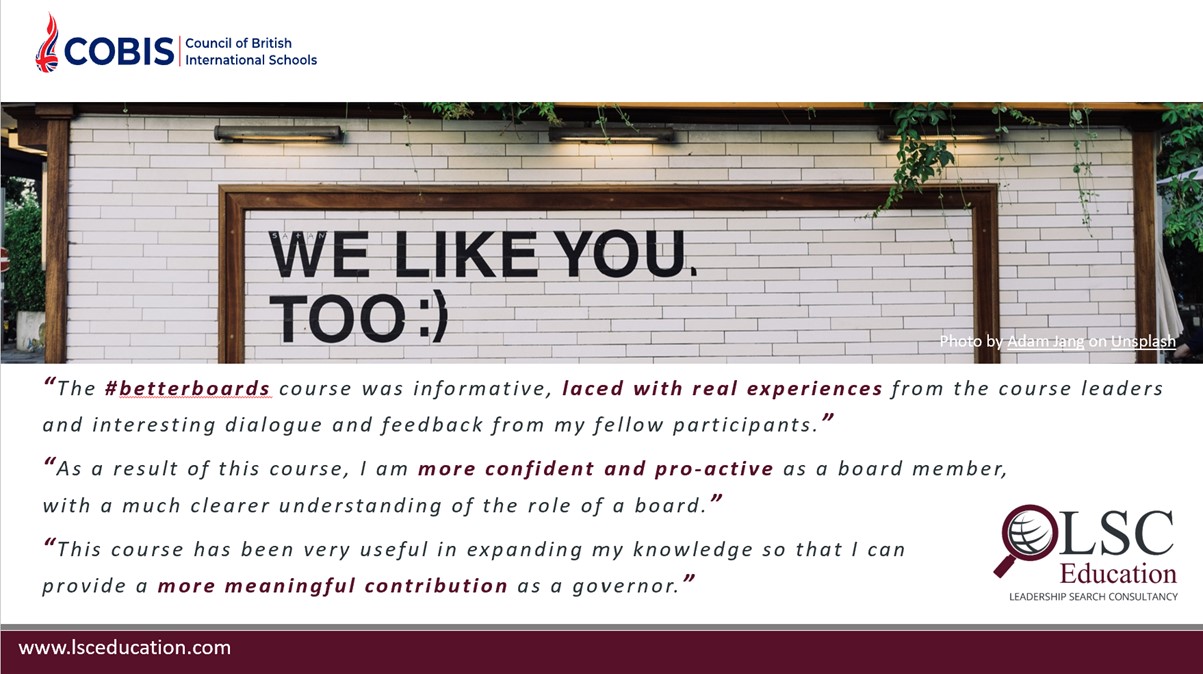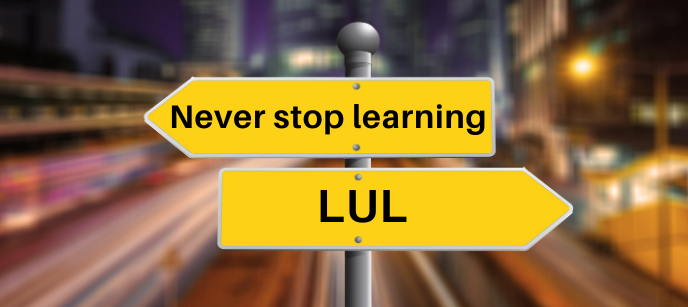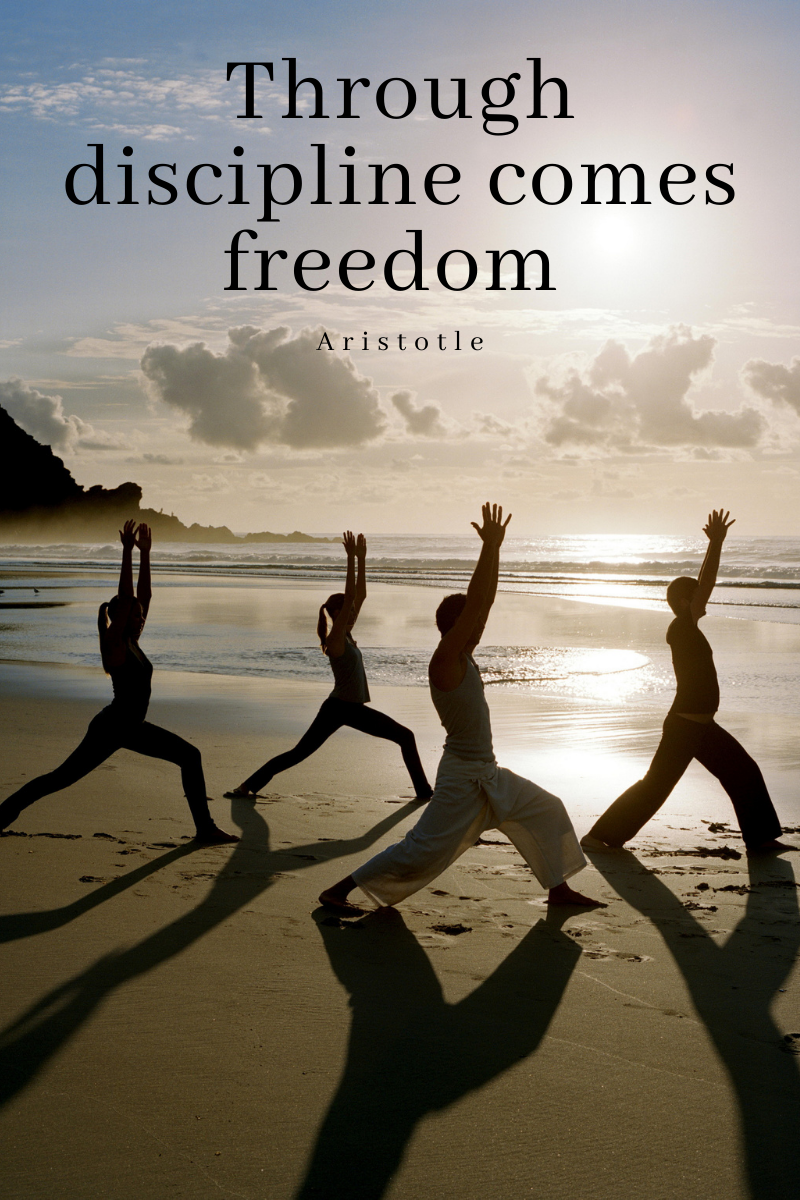I have been reflecting a lot recently on what it means to leave school – that moment of transition from being a school student to not being a school student, leaving behind 13+ years of formal schooling mandated by the state, and facing up to a future of possibilities, choices and responsibilities. These reflections have been particularly prompted by two events – a speech I am due to give (virtually) at the end of next week at Wisbech Grammar School, at which I will be speaking to the Year 13 leavers, and the fact that my son has just left school himself, which sparked a wave of emotions in me which I have been trying to unravel. (You may recall that I wrote about him a year ago, when he Did A Run Every Day (DARED) in June 2020, mid-lockdown, in aid of CIRCLE, supporting families in Scotland, and I was incredibly proud of his achievement in running and raising money; he is doing this again this year, and I’d love you (just because you can!) to follow his progress and share in my pride – he has posted all of his runs, and stuck relentlessly to a schedule despite having exams and a range of other commitments. Here is the link: https://www.justgiving.com/fundraising/harry-wright14 – and if you can contribute even just a little, I promise it will go to a good cause! NB You may also recall from last year that I can quite safely write about my son online without him knowing, because although I seek to communicate meaningful thoughts to the wider world through my blog, as far as he is concerned, I am just his mother, so why would he follow me? ?
Anyway, back to my musings about leaving school … Leaving school is often regarded as a momentous occasion – and in many respects it absolutely is, because it marks a visible step change in life. Come August or September, the students who are now ‘leavers’ will not have a timetable to follow at their (former) school; they will no longer be on the school roll, and their erstwhile teachers will be busy stretching the minds of others. Much, too, can be attributed to this moment of leaving school – a sense of ‘freedom’, perhaps, or a ‘coming of age’ moment, of going ‘out into the ‘real’ world’. I quite like momentous occasions … they are great opportunities to pause and celebrate achievement, although I recognise (from the perspective of an educator and parent) that one of the main reasons that I like them so much is that they provide a platform to be able to articulate inspirational thoughts that look forward, drawing on the best of the past to weave into a stronger, better etc future. Now that I think about it, celebrating leaving school feels like a bit of a (good) excuse to help shape the future of the world …
This celebration of leaving school is also, very importantly, about acknowledging the past, and particularly the past of our time as a child, and I have learned very powerfully in my work as an executive coach just how important it is to recognise, engage with and make peace with this past, every moment of which has helped to shape our personal identity. School is a massive part of the childhood past of everyone; for school leavers, proportionate to their entire life, this is even more so the case. School is not synonymous with childhood, but they are often inextricably interwoven in our past. Leaving school is to some extent a symbol of moving from childhood to adulthood, and it is worth reflecting on this. Moreover, the past has happened, while the future has yet to happen; the past is known, while the future is not … taking time to reflect on our memories what is behind us can be a rich and grounding source of inspiration for the future … and there again is that sense of ‘looking backwards to look forwards’. Amidst all the uncertainties we face in the world, the certainty of time tells us that we will, inexorably, move forward, second by second, day by day, year by year. Our time on this planet is limited … and everything I have learned over the past few decades has certainly taught me that we have it within ourselves to make the most of this time, for our own sake and for the sake of others in the wider world which we all share. With this in mind, it is absolutely right that we should take the opportunity – any opportunity – to pause, note the past, honour the past, and use our learnings from the past to help galvanise us as we move into the future.
Now … here is the interesting thought that is brewing in my mind … Leaving school is not in fact as clear cut as we may think, no matter how much we seek to mark it with a ‘passing out’ ceremony of some kind – leavers’ lunch, speech day, or similar. There is of course the moment at which the school student steps over the threshold of the school boundary, and thinks ‘I’m not going back’ … but the chances are that this school student will actually go back into the building anyway at some point in the future, either to drop off study materials, or to visit a teacher, or to pick up siblings on the school run. Anyway, that moment is essentially a private moment, which may in fact be overlooked in the whirl of other things happening, or if it happens in mid-conversation. In celebrating ‘leaving school’, we are in any case creating an artificial construct in time; we are choosing to pause and reflect, and to look forward. Moreover, arguably, school never actually leaves us… our learnings from school – informal or formal, pleasant or painful – remain lodged in our minds and shape us daily. I know I invite this kind of conversation because of my profession, but I can’t think of a single person I have ever met who has not at some point in our relationship used the words ‘At my school’, or ‘when I was at school’, or similar. School never leaves us; do we, perhaps, then never leave school?
If so, then what a wonderful opportunity we have! With a stretch of our phenomenal human imaginations, we could conceivably conduct the equivalent of school leaving ceremonies as often as we like! They may be more low-key, and involve fewer people (if any …), but this would not prevent them from being momentous. We could choose – as often as we like – to pause, celebrate what has gone before us reflect on what has gone before us, and then, determinedly, turn our thinking to help shape the future. We could, indeed, ‘leave school’ again, and again, and again ..
If you are a school leaver this year, enjoy your school leaving ceremonies, and see them as a model for many more in the future. Appreciate and enjoy …
Now, I really must get back to writing that speech …



